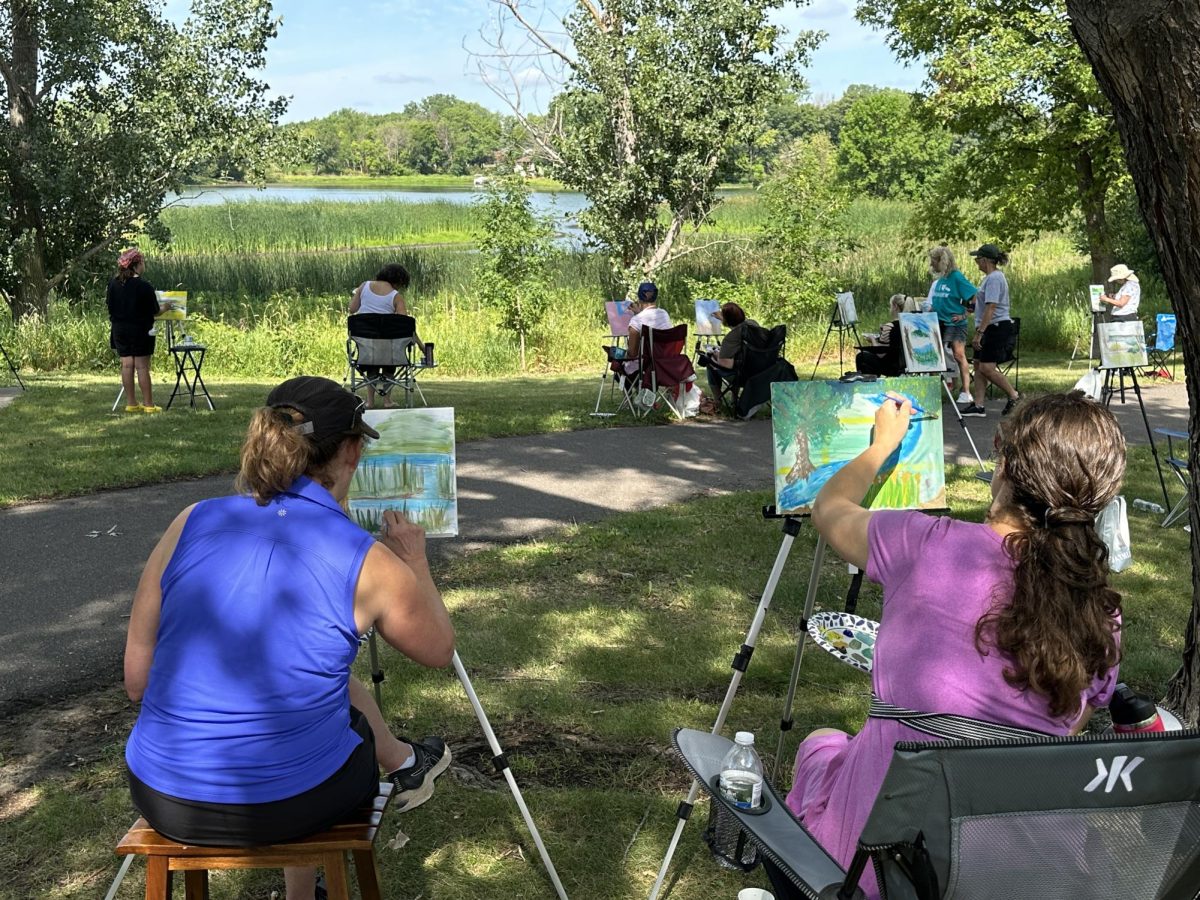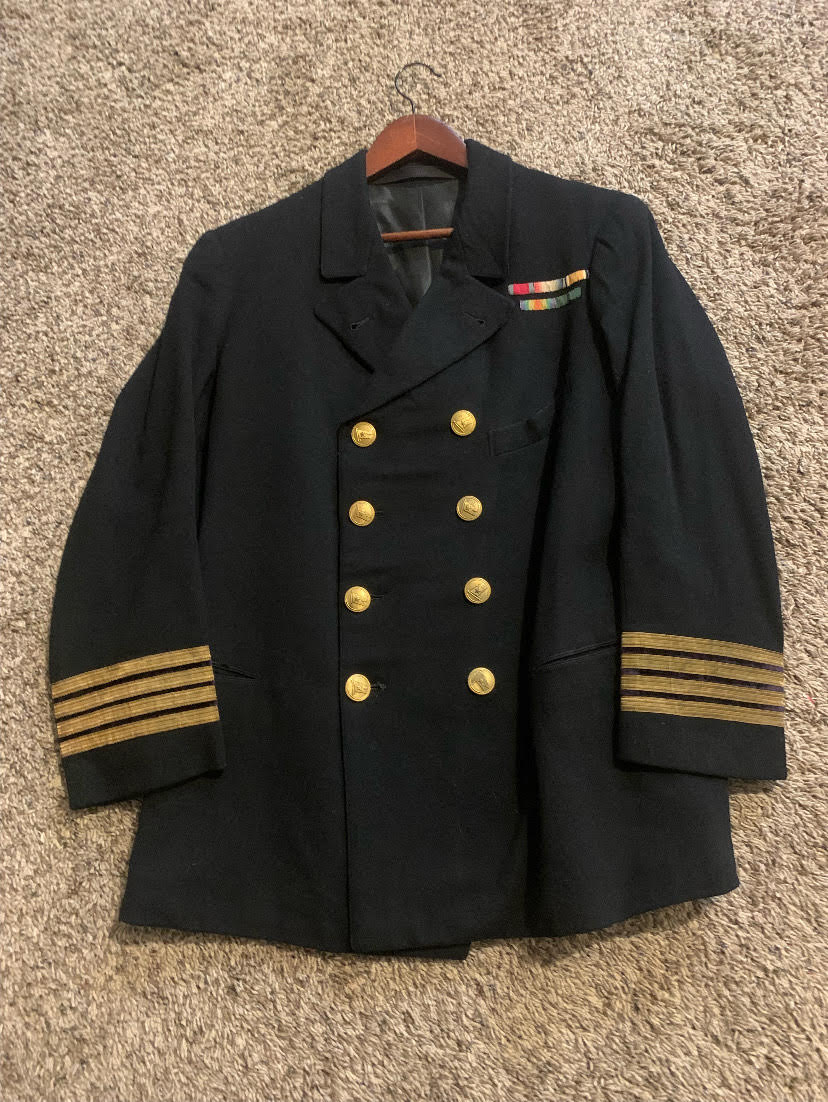2024 brought with it many trends — some good, some bad and one, which while aesthetically pleasing, I was happy to see go due to the issues it brings. The “office siren” trend is marked by pleated skirts and high slits, low-cut blouses, thin, rectangular glasses and sleeveless mini dresses, all in a style that could pass for business wear if not for how revealing and close cut it is.
This trend follows a cultural movement to wear more sexually revealing clothing and makeup, especially in increasingly younger girls, by labeling it as “sexually liberating.” The problem with this sentiment is that as progressive and logical as it sounds, it is still rooted in the sexualization of women in the eyes of men — an idea that the influencers participating in this trend do not seem to understand. The outfits promoted by the trend are simply inappropriate and impractical for an actual workplace and can also give young workers a mistaken idea of what is acceptable in an office.
Furthermore, this trend devalues the years of challenges that women have faced and overcome in the workplace, including discrimination and harassment, where they had to be seen as stronger to be taken as seriously as men. According to Business Insider, critics of the trend argue that it reinforces the belief that women in the workplace dress for the male gaze.
Beyond the “office siren” trend, which, while having some real-world consequences, is more of just an online trend, the larger and more concerning movement is the increased sexualization of women, especially younger girls.
This cultural shift begins with the emergence of more revealing and tighter clothing being marketed toward young girls, including crop tops, leggings and odd cutouts. According to the American Psychological Association, the sexualization of girls is a widespread problem with examples like child pageants and suggestive phrases on girls’ clothing. So, while leggings have been a staple of young girls’ wardrobes for years, they once included fun, childish colors and patterns, compared to the much more mature — and expensive — versions found today in darker colors and tighter spandex fit.
Furthermore, with the rise of “Sephora girls” and child influencers on social media, girls and preteens are being pressured to wear makeup and have elaborate skincare routines. Somehow, they are expected to have more mature makeup-caked faces, with smoother, younger, moisturized skin. These double expectations and societal pressures lead to girls growing up faster than before, believing themselves to be more mature than they are and not allowing them to experience childhood fully and go through the charming yet awkward preteen stage.
The pressure to look a certain way, along with increasing sexual dances and language, from young girls twerking to the hidden innuendos in new slang like “gyatt” or “bop,” leaves girls in a world where they are more unguarded against untoward sexualization. These are problems that had just started to appear when I was younger, but with the much wider accessibility of social media content today, I see so much troubling content in the larger world. While this is a problem that I see discussed, there is no true solution to stop the rampant sexualization.
More than just the outward sexualization, modern feminism tells girls that dressing more revealing is empowerment and feminist, and while having the ability and choice to do so is liberating, it still results in objectification and even harassment, especially online with suggestive comments and inappropriate messages from men. Thus, this movement feels like a new way of dressing for the male gaze repackaged under “sexual liberation” and the freedom to wear what one wants. Similarly, the office siren trend is the same idea aged up for the young adults entering the workforce that inadvertently goes against years of fighting against the sexualization of women in the labor force and underprepares women entering new jobs.
So while it is absolutely NOT a woman’s job to dress modestly so that men do not “feel tempted,” it is still important to have some prudence in the choices we make to limit further hurt and harassment.














![[DEBATES] Prestigious colleges: value or hype?](https://www.mvviewer.org/wp-content/uploads/2024/12/buildings-1200x654.png)































![[OPINION] The dark origins of TikTok's looksmaxxing trend](https://www.mvviewer.org/wp-content/uploads/2024/02/Copy-of-Copy-of-Untitled-Design-1200x675.png)









